THOMASVILLE – A life-long passion for animals and sharing her knowledge with others led Dr. Nikki Smith to spend her days cultivating young minds in agricultural education.
Smith is the Thomas County Central High School 2023-2024 Teacher of the Year. Shock was her emotion upon learning the news, but a sense of accomplishment and gratitude followed.
“I feel that over my seven years here, I have shown my commitment to my students and the school through continuing my education to gain my doctorate, finding and winning grants that support the growth of the agriculture department, and completing the industry certification process for veterinary science,” Smith said. “It is an overwhelming feeling to know that my hard work is appreciated and recognized by others. I am very honored to have been chosen as teacher of the year.”
Senior Karysa Ritter, 17, was excited to learn Smith won this award.
“She is my favorite teacher here at TCCHS,” Ritter said of Smith. “I think that with all the hard work she has put in, she deserves it. I’d say that what really sets her apart from other teachers is how upfront and straightforward she is with us. She always has a positive attitude toward everything.”
Glowing student feedback aside, Smith did not always intend to teach; instead, she wanted to be a veterinarian.
“When I was a little girl and all through high school, I would tell anyone who would listen that I was going to go to Auburn University and become a large animal veterinarian,” she said. “However, when I transferred to the University of Georgia and was introduced to the agricultural education degree, along with other factors, I realized that there were more career opportunities available to me in the area of animal science rather than just a veterinarian.”
Smith grew up in Cordele and graduated from Crisp County High School. Then, she earned an Associate of Science in animal science from Abraham Baldwin Agricultural College. From there, she transferred to UGA and changed her major to agricultural education. She received a bachelor’s degree in that field before taking the job at TCCHS. Since working there, she’s earned her master’s degree in agricultural and environmental education from UGA and an education specialist and doctorate from Auburn University, which she completed in December 2023.
Aside from her education and training, Smith also worked on her family’s farm, Lewis Mill Farm, and with a local vet hospital, Cordele Animal Hospital. Her knowledge and first-hand experience make her well-suited to educating young minds for future careers within her field.
More than one thing appealed to Smith about TCCHS, but the primary reason the educator chose to apply there was the opportunity to teach classes in which she has a strong background and loves.
Smith teaches all grade levels in Animal Science and Veterinary Science in the TCCHS CTAE Department. She believes that animal and vet science courses are vital to helping students become educated consumers, especially in a world where many young minds get misled or influenced by social media and false information.
“As we work through each of the livestock industries, I try to touch on false advertising that we may see online or even in the grocery stores to help them become more knowledgeable consumers of agriculture products,” she said. “With the greater disconnect between the farm and our students, my motivation increases to make these students aware of agriculture’s importance and the facts behind agriculture production.”
Smith cultivates a lively, upbeat classroom atmosphere and genuine interest in her students.
“One thing I have learned over the years is in order to gain your students’ interest in class, you have to show your interest in them as well as the subject,” she said. “I try to maintain a positive attitude in class and show the kids we can enjoy learning about these subjects. Providing hands-on activities, keeping a positive attitude, and relating the information to the students’ lives help increase student participation and understanding of [the] material.”
Eleventh-grader Madisyn Arts, 16, calls Smith a kind, intelligent teacher who appreciates her students.
“Dr. Smith’s teaching style is very open-minded and exciting, making all of us feel ready to learn,” Arts said. “She has a very upbeat and joyful personality, making people feel welcomed in her class.”
Plus, Smith can’t leave out the class pets integrated into the classroom, including rabbits, a chinchilla, and chickens. She also has two dogs, Pie and Georgia, who are mascots to her vet science classes.
“The students use Pie and Georgie to practice and demonstrate veterinary science skills learned in class,” Smith said.
Also, the educator can tell when her students need cheering up and often uses these animals to make her students smile.
“One of my favorite moments from class with her happened last year in my Animal Science class,” Ritter said. “It was one of those days where everyone was quiet and kind of out of it. When Dr. Smith noticed this, she brought in a couple of the chickens and sat them on our tables to cheer us up. After she did this, the room became a much more positive environment.”
Teaching subjects she’s passionate about is a blast for Smith. Her favorite lesson in Animal Science is a class staple where students learn about the chicken’s 21-day incubation period. It’s a mixture of a poster project and the literal incubation of eggs from classroom chickens.
“For the poster project, students are asked to draw 21 eggs for each day of incubation,” Smith said. “Inside the egg, they are to draw what the chick should look like each day. Under the egg, they are to write out what developed or happened to the chick on that day of incubation. Students are always amazed at the end of the project at how rapidly these chicks grow and develop inside the egg.”
Students use the knowledge gained from the poster project in a hands-on application as Smith tries to incubate eggs so students can witness the process.
“If we end up having an egg or two that did not hatch, we often open the egg, and using what we learned from the incubation posters, we can determine at what day the chick stopped growing and try to determine what might have happened to cause the chick not to hatch,” Smith said. “This allows the students to apply their knowledge to a problem and attempt to solve it.”
Smith can’t pick a favorite vet science lesson but leans toward hands-on assignments that allow students to learn skills used in the field, like drawing blood, administering vaccines and fecal analysis.
“I enjoy these lessons most because I know that I am giving these students employability skills and life skills that they could use in the future,” she said.
Ritter, who takes vet science, loves Smith’s teaching style because she keeps her students engaged.
“Instead of her just sitting at her desk and assigning us busy work, she gets up and goes through the material with us,” Ritter said. “She also tries to give us hands-on activities to help us be able to better understand and visualize the things we are learning about.”
Arts, an Animal Science student, said her favorite assignment was a group project where students named different pig meat cuts and drew visual representations.
“We got to design the pig however we wanted, so we made ours a Vampire Pig,” Arts said. “Dr. Smith didn’t degrade it either. She said it was ‘interesting’ because she is respectful and wants us to have fun learning.”
The educator hopes her students leave her classroom each year with field knowledge and life skills.
“My hope for my students, when they leave my class, is not only that they become knowledgeable consumers, educated pet owners, and productive citizens in their community, but that they also learned how to be open-minded and kind-hearted to others they meet,” she said.
Her students notice and appreciate Smith’s dedication.
“Dr. Smith works with her students to make sure their work is completed and that the students actually understand the concept being taught,” senior EmmaRae Smith, 18, (no relation) said. “She also develops good relationships with her students so that they know they are supported and have someone they can talk to and will help them. She always checks on us, shows she cares, and has fun with us, making us excited to be in her class and more motivated to learn and participate.”
Smith’s dedication to agricultural education extends outside the classroom. She’s one of three advisers for the TCCHS FFA chapter and helps members prepare for various competitions. These include Leadership Development Events, or LDEs, such as employability skills and prepared public speaking and Career Development Events, or CDEs, like meat evaluation, veterinary science, livestock evaluation, and poultry evaluation.
Currently engaged, Smith plans to marry this year. Her hobbies include beekeeping, gardening, shooting sports and spending time with loved ones. Plus, she serves as a shotgun coach for Thomas County 4-H.
Her favorite part about being a TCCHS Yellow Jacket is the family atmosphere. She’s gained many coworkers she now views as family.
“When I first started working at TCCHS, I remember hearing everyone refer to the school body as their family, and at the time, being from a different town and new to the school, it was hard for me to understand how they felt that way,” she said.
“However, after being here seven years and opening up to those I work with, I have found it truly is a family here, and they make it fun to come to work every day and make the hard days easier.”
Smith feels blessed to work at a school that supports its teachers’ goals, growth, and success and has zero intentions of slowing down anytime soon.
“Being recognized as teacher of the year motivates me to continue to strive to be a better teacher and provide the best education for my students,” she said. “It reassures me that I am making a difference in these students’ lives and positively impacting their futures.”





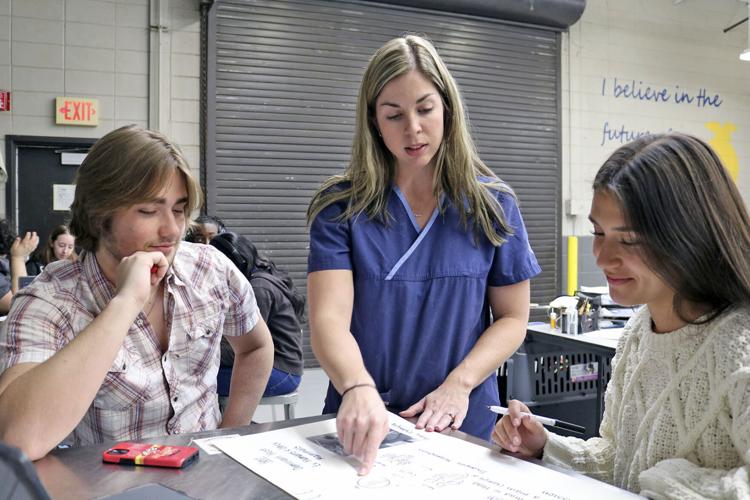



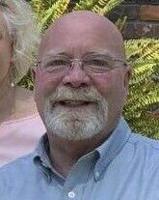
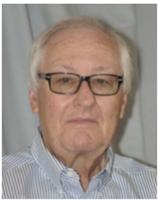
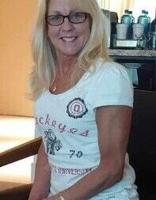
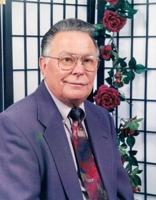
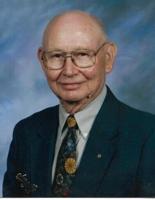




Commented
Sorry, there are no recent results for popular commented articles.